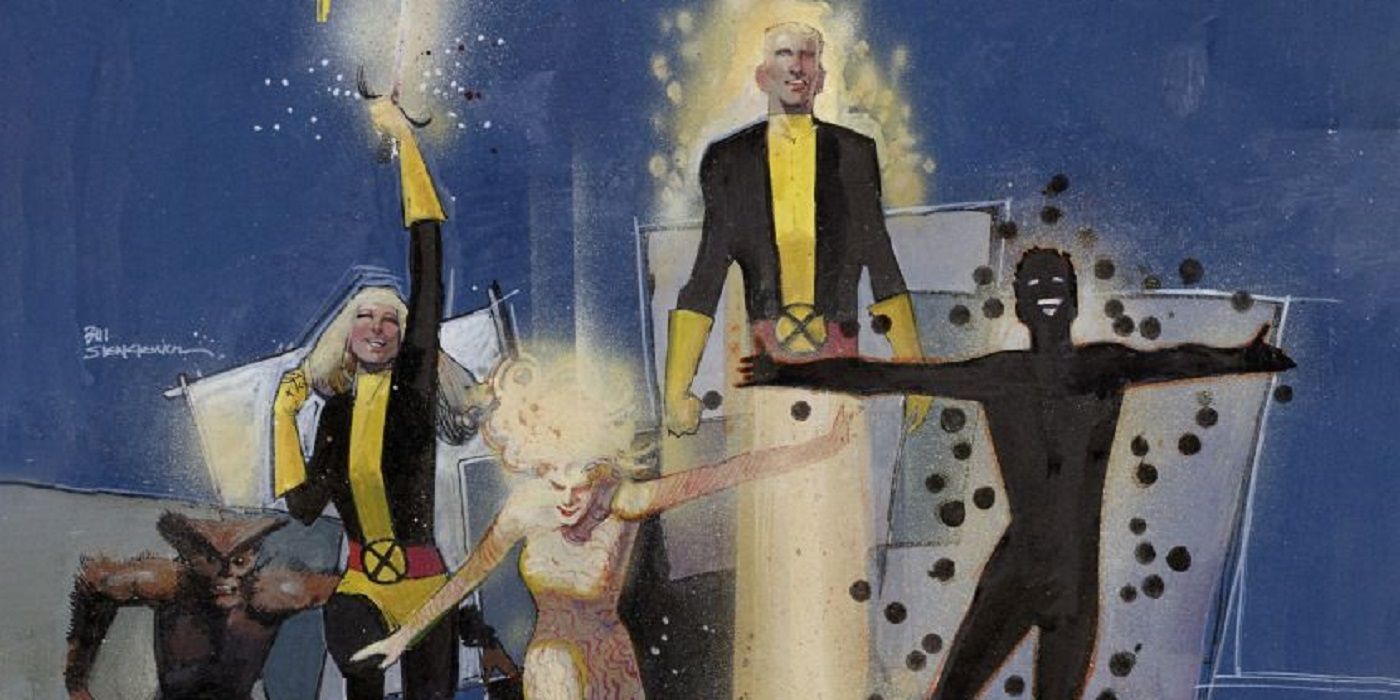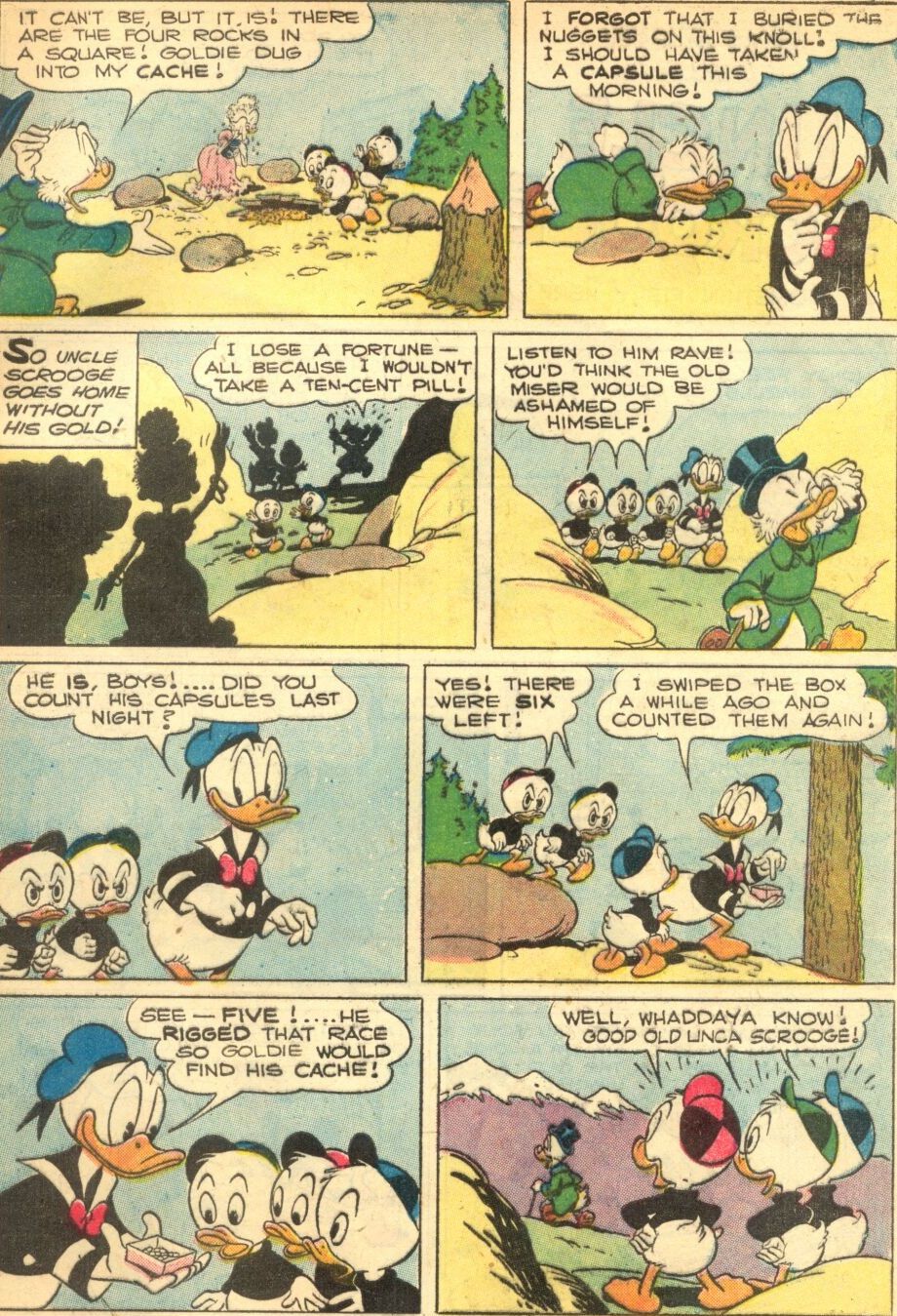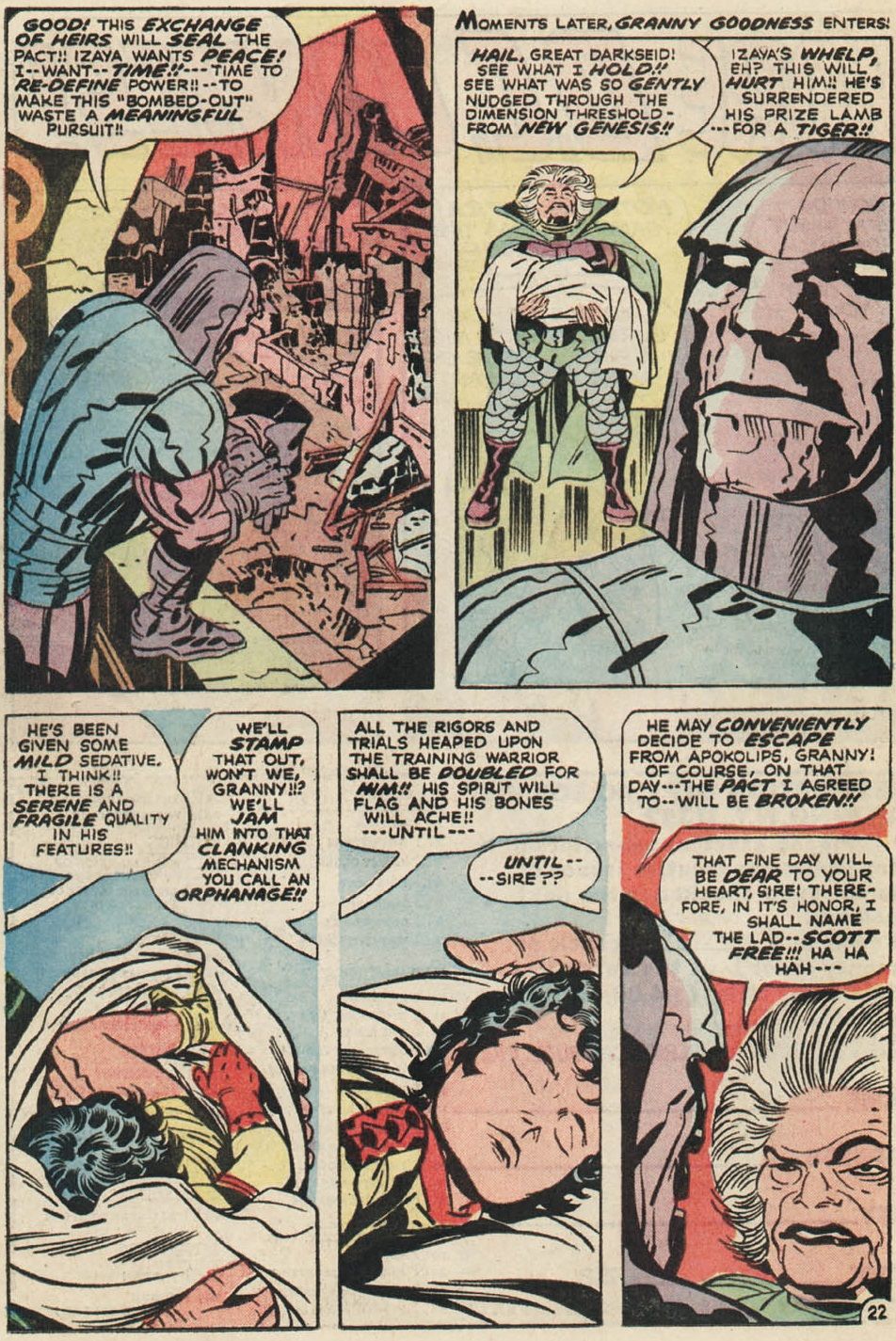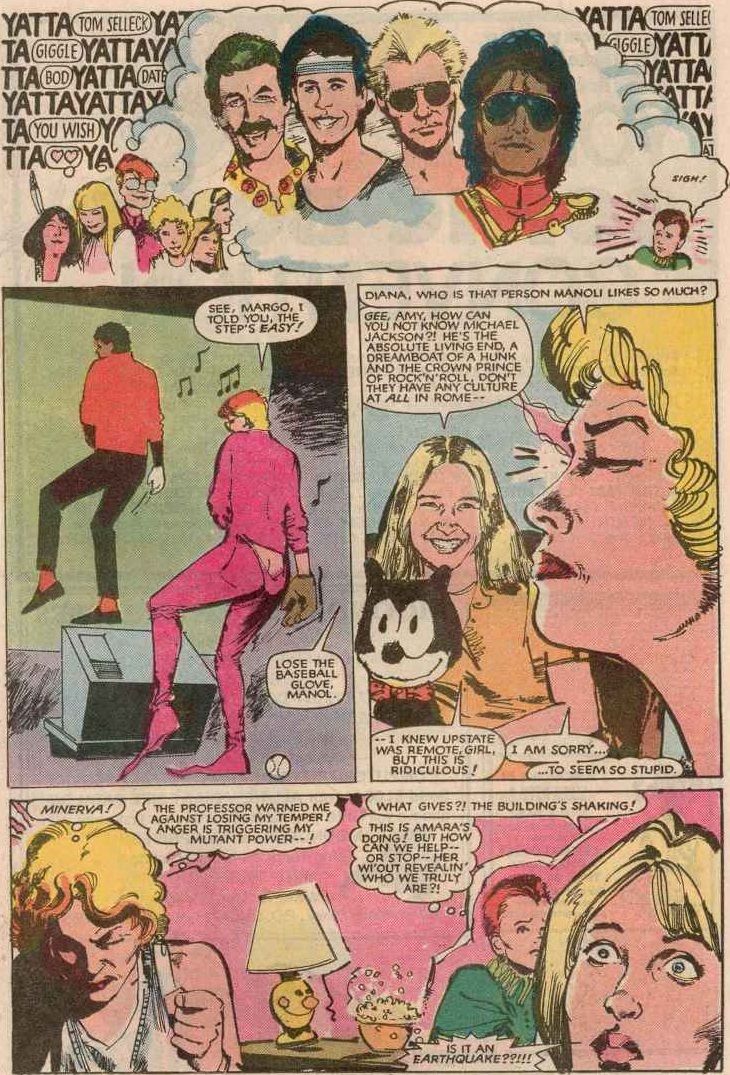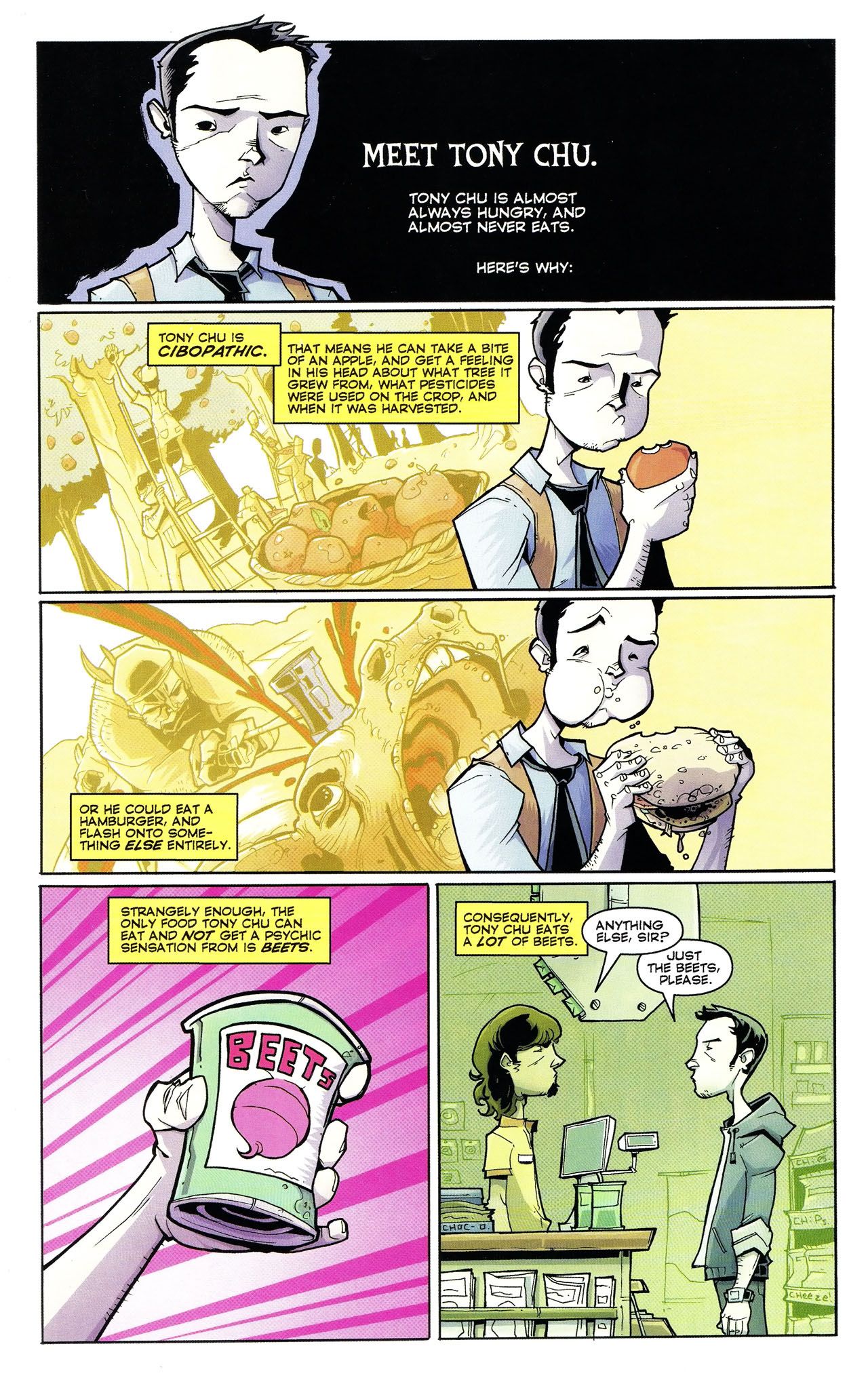You voted, and now, after over 1,000 ballots were cast (precisely three more ballots cast than four years ago), here are the results of your votes for your favorite comic book creator runs of all-time (this is the FOURTH time we've done this countdown. We're on an every four year schedule)! I'll try to post a new installment every day for the rest of the countdown.
To recap, you all sent in ballots ranking your favorite runs from #1 (10 points) to #10 (1 point). I added up all of the points and here we are!
76. Carl Barks' Duck Comics – 151 points (6 first place votes)
A variety of Walt Disney comics from 1943 through 1972, most notably Uncle Scrooge #1-71
In the past, I've established that I am willing to call Barks' Donald Duck and Uncle Scrooge comic books as basically a "run" as I think that that is fair enough. From 1943 until he stopped working regularly as a comic book creator in the early 1970s, pretty much every month would have a new Carl Barks written and drawn story, whether it be Uncle Scrooge or Donald Duck.
Of the Duck comics, his Uncle Scrooge work is certainly his most personal work, as Uncle Scrooge is his own creation (Barks introduced him in a Donald Duck Christmas story in the late 1940s). His Uncle Scrooge stories were also later adapted into the hit Disney cartoon series Duck Tales. Uncle Scrooge is the world’s richest duck but he is also a cantankerous old coot who occasionally has a heart that matches the gold in his money bin.
What was so amazing about Barks’ work was not only the fact that he was a wonderfully skilled artist (he was a born storyteller and the amount of characterization he could get across while working with talking DUCKS is astonishing) but that his stories had such a great DEPTH to them. Kids would not only be entertained by his fun stories, but they would LEARN things about different parts of the world and about world history and myths. Barks has a voracious appetite for knowledge and he expressed this appetite in his stories.
Not only that, but Barks also had an impressive ability to tell complex stories about the human…er…duck condition, like with the amazing "Back to the Klondike." Uncle Scrooge has been taking memory pills (he does not take them too often as they cost ten cents apiece so he doesn’t want to be wasteful) and suddenly he remembered an old adventure he had gone on in the Klondike with an old sort of girlfriend, Glitterin’ Goldie. He heads to the Klondike to recoup the money he knows she owes him and once there, they go on a series of adventures trying to find her and once they DO find her, Scrooge’s nephews (Huey, Dewey and Louie, who Barks used to great effect in his stories, especially the Boy Scout-like group they belonged to, the Junior Woodchucks) regret the fact that Scrooge is going to take this nice old woman for all she has got. Or is he?
Legendary.
Just like Carl Barks.
75. Jack Kirby's Fourth World – 154 points (1 first place vote)
"Superman’s Pal Jimmy Olsen" #133-148, "New Gods" #1-11, "Forever People" #1-11 and "Mister Miracle" #1-18
In 1970, when Jack Kirby left Marvel for DC, he brought with him his plans for the Fourth World, which was an entire line of comics that Kirby had envisioned which would, when finished, could be repackaged as collected works.
To introduce this new line of comics, Kirby took over as writer/artist on a title in need of a new writer, Superman’s Pal, Jimmy Olsen, where the battles of the Fourth World were first seen. In "Olsen," Kirby first showed the world the evil power of Darkseid, who was the ruler of an awful planet called Apokolips, which was caught in a ancient war with a nice planet called New Genesis.
Darkseid’s main goal was to retrieve the Anti-Life Equation, which would allow him to control all living beings.
Their war had been stalled for many a year by a pact done decades before where Darkseid and Highfather, the leader of New Genesis, swapped sons. Highfather raised Orion, while Darkseid “raised” Scott Free. When Scott escaped Apokolips (all according to Darkseid’s plan), Darkseid had reason to restart the war.
This Pact was detailed in a classic issue of New Gods that established that this was not your typical superhero story, in the sense that Kirby was actually going to fill us in on all of the vast mythology of the series…
However, Darkseid had not planned that Orion would be “tamed” enough by Highfather to be ready to oppose Darkseid’s plans.
These rip-roaring adventure yarns filled with over-the-top plots and larger-than-life characters were told through three main titles, New Gods (which starred Orion, mostly), Mister Miracle (which was the name Scott Free took when he escaped to Earth, as he became the world’s greatest escape artist) and the Forever People, who were a gang of young New Gods who had wacky adventures – but could merge into the powerful Infinity Man if need be.
The books were a ton of fun, but sales were not particularly great, and each title was canceled. Kirby wrapped up all the plotlines, and then went to work on other DC titles.
Years later, Kirby was given the chance to wrap up the stories in The Hunger Dogs, but DC seems to just ignore that story, as Darkseid has become a major part of the DC Universe now, as have Mister Miracle and Orion.
74. Chris Claremont and Bill Sienkiewicz's New Mutants – 155 points (2 first place votes)
New Mutants #18-31, 35-38
Interestingly, last time I combined the votes for Claremont's New Mutants with his specific run with Bill Sienkiewicz, since without it, neither of them would have made it, but this time around, pretty much ALL of the votes were for specifically this run, so I merged the votes again, but this time with this one getting the spotlight (it really didn't make a different for placement, more just a matter of consistency for me).
After introducing the characters in Marvel Graphic Novel #4, with artist Bob McLeod, Claremont and McLeod launched the ongoing series, which featured the adventures of Cannonball, Sunspot, Psyche, Karma and Wolfsbane, the newest students at Xavier's School for Gifted Youngsters.
Claremont had a fairly good eye for teen dialogue, and the book was an engaging place for stories of the teen mutants, but the book really went to another level when artist Bill Sienkiewicz came to the title, hot off of his acclaimed run on "Moon Knight," where his art experimentation had begun to catch many reader's eyes.
Here, from issue #21, we see Claremont's keen sense of characterization mix with Sienkiewicz's design skills...
Claremont eventually shifted the tone of the series to match Sienkiewicz's style, which was notably darker than most Marvel comics of the time, so Claremont's scripts also got darker, dealing with ideas of mysticism, mental disorders and bizarre psychic realities.
Oh, and the group all liked to watch Magnum PI, which was cool, because I like Magnum PI (and yes, that's why the sample page involved Tom Selleck).
Sienkiewicz took some time off to work on a "Daredevil project," then left the book for good with #38. Claremont held on for another year or so, before giving way to the editor of the title, Louise Simonson.
73. John Layman and Rob Guillory's Chew – 159 points
"Chew" #1-60
Chew is the story of Tony Chu and his various friends and family members. Who’s Tony Chu, you ask? Well, here you go…
In the marvelously strange world that Layman and Guillory have created, there are often pages just like that one, as they introduce a new character who has a similar food-related skill. In the Chew universe, the most powerful government agency is the FDA.
Chu’s power usage takes a turn for the surreal in the first issue as he has to bite a piece of a bad guy to learn about his crimes.
Chu begins to work for the FDA and while solving crimes he also gets caught up in a variety of increasingly outlandish conspiracies.
As you can see from the above pages, the highlight of Chew WAs the inventiveness of both Layman and Guillory, as they were always coming up with bold (and often strange) new ideas (and Guillory would also sneak so many cool easter eggs into issues). However, along the way they also did a wonderful job developing the various supporting cast members that they introduced over the years. By the end of the series, they easily could go multiple issues without even having Tony in the book and the title was still working. I mean, come on, Agent Poyo alone is worth the price of admission (Agent Poyo was a cyborg kung-fu expert fighting cock who worked for the FDA).
What was really perhaps most impressive was how well the conspiracy angle ended up paying off in the series. That's hard to do and Layman and Guillory managed to pull it off.

